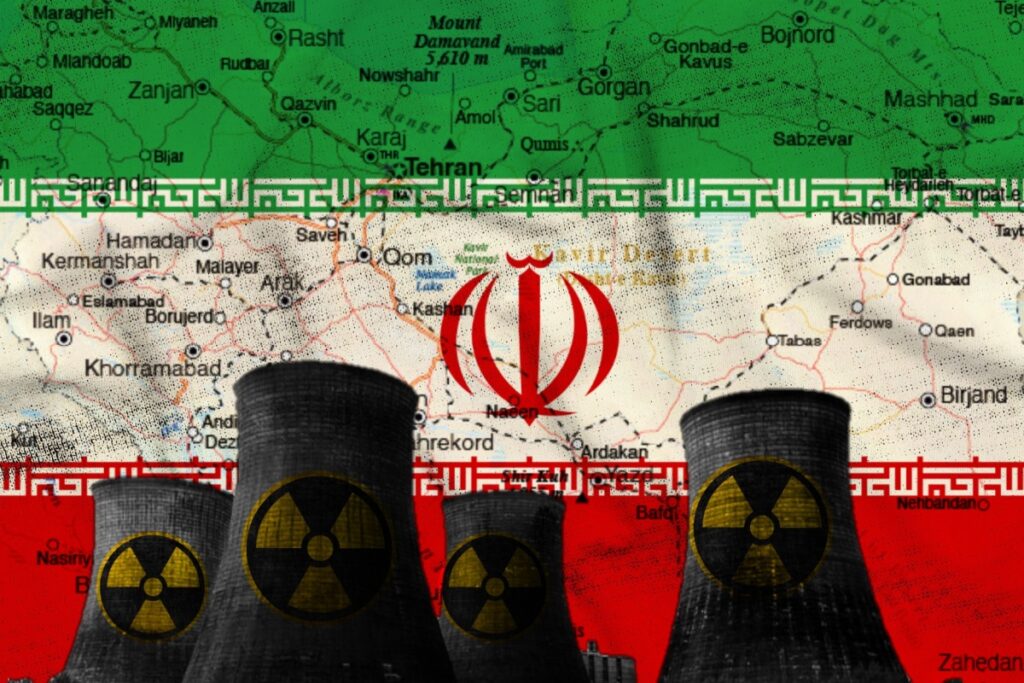E3’s Response to Iran’s Non-Compliance
France, Britain, and Germany—known as the E3—have taken steps to invoke the “snapback” clause of the 2015 Joint Comprehensive Plan of Action (JCPOA). This would restore pre-2015 United Nations sanctions against Iran, citing serious breaches of the nuclear deal. The move comes after years of rising tensions, with Tehran advancing its nuclear program far beyond the agreed limits.
If enacted, sanctions would automatically reapply across a broad range of areas. These include a conventional arms embargo, restrictions on missile development, and measures targeting financial assets and international travel. The snapback system is designed to bypass potential Security Council vetoes, allowing sanctions to resume unless a contrary resolution is adopted within 30 days. The legal authority for snapback, however, will expire on October 18, 2025, the sunset date of the JCPOA’s enforcement provisions.
The mechanism has rarely been tested since the JCPOA’s signing. Initially hailed as a breakthrough between Iran and world powers, the deal faced setbacks when the United States withdrew in 2018 under then-President Donald Trump, reimposing unilateral sanctions. Although the U.S. is no longer a formal participant, European powers argue the agreement remains binding until its expiration.
Iran’s Nuclear Advances and Diplomatic Standoff
Iran has accelerated its nuclear activities, enriching uranium to 60 percent purity—just short of the 90 percent threshold for weapons-grade material. Its stockpile now exceeds 9,247.6 kg, compared with the JCPOA’s cap of 300 kg at 3.67 percent purity. The International Atomic Energy Agency (IAEA) has also been denied full access, with Iran removing monitoring cameras and blocking veteran inspectors from sensitive facilities.
European officials previously offered a compromise in July 2025, suggesting they would delay snapback if Iran resumed talks with the United States, restored IAEA monitoring, and explained its enriched uranium reserves. Tehran rejected the proposal, deepening the standoff.
Recent meetings in Vienna and Geneva have failed to deliver results. As the August-end deadline approaches, Russia has indicated it may support delaying sanctions by six months, a stance that could reshape debates when Moscow assumes the Security Council presidency in September. The proposal underscores a split within the global community: while Western powers press for accountability, Russia and China argue that sanctions would derail fragile regional stability.
Diplomatic Dynamics and Strategic Calculations
Iran insists its nuclear program is peaceful and has condemned snapback as illegitimate, citing the U.S. withdrawal as grounds to void the JCPOA framework. Iranian officials have warned that reinstating sanctions could push Tehran to exit the Nuclear Non-Proliferation Treaty (NPT), a step that would further escalate international concerns.
The U.N. General Assembly, scheduled for September in New York, is viewed as a critical diplomatic moment. Western diplomats hope to use the high-level gathering to pressure Iran, while Iranian leaders may leverage global divisions to avoid sanctions. The crisis coincides with mounting domestic pressures in Iran, where inflation, power shortages, and water scarcity have fueled discontent. Reformist groups inside the country have urged the government to suspend enrichment and reopen negotiations with Washington.
On the political front, Supreme Leader Ayatollah Ali Khamenei has dismissed any possibility of talks with the United States, calling U.S. demands unacceptable and characterizing diplomacy as an attempt at “surrender.” His firm stance contrasts with calls from reformists who warn that renewed sanctions would devastate the economy.
The global stakes are high. Restored U.N. sanctions would restrict Iran’s ability to export oil and gas, pressuring energy markets already strained by geopolitical instability. Analysts warn that any disruption to Iranian exports could contribute to higher energy costs worldwide, especially if combined with ongoing supply tensions linked to conflicts in Ukraine and the Middle East.
For the E3, the decision carries risks as well. European governments must balance their nuclear non-proliferation objectives with the economic consequences of heightened sanctions. Some diplomats suggest that maintaining a channel of engagement with Iran is essential to avoid total diplomatic collapse once the JCPOA sunsets in late 2025.


